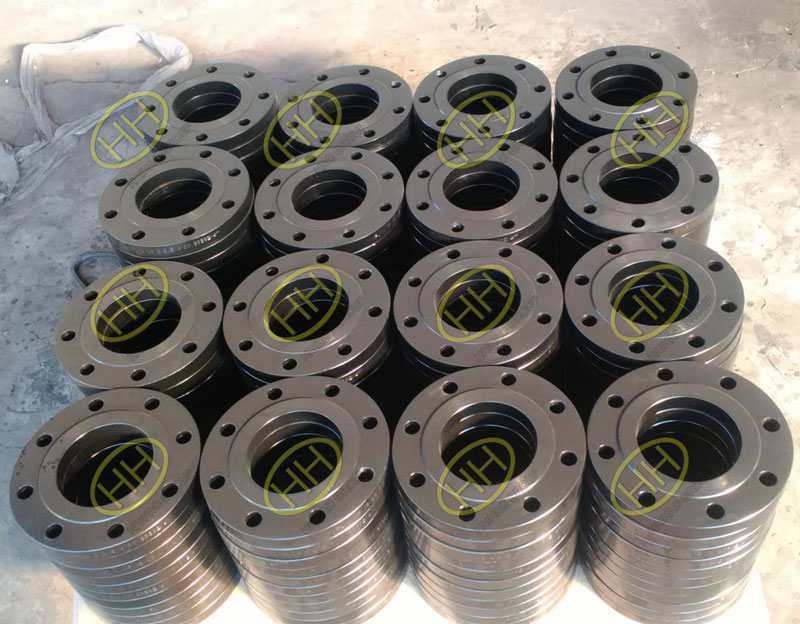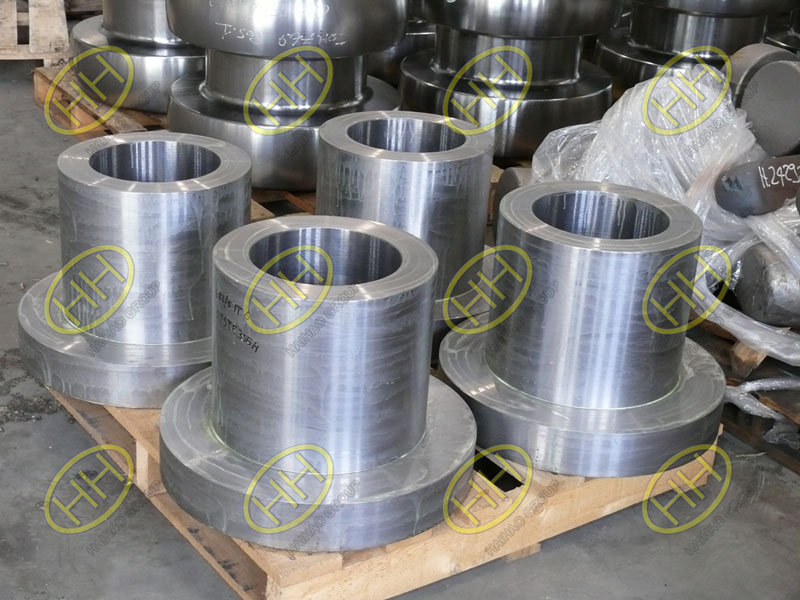What factors affect the sealing performance of pressure vessel flanges?
The tightness of the pressure vessel flange will be affected by the bolt pretension,gasket sealing performance,flange sealing surface characteristics,flange stiffness and operating conditions during use.
1.Bolt pre-tightening force
Appropriate pre-tightening force can ensure that the gasket can still retain a certain sealing specific pressure during work. Excessive pre-tightening force will crush or squeeze the gasket, thereby destroying the seal. The distribution of the pre-tightening force on the gasket also affects the sealing performance. The method to ensure the uniform distribution of the pre-tightening force is to increase the number of bolts while satisfying the space required for tightening and removing the bolts.
2.Gasket sealing performance
Gasket is an important component of the seal. Appropriate gasket material must reflect that the gasket can produce the necessary elastic deformation without being crushed or squeezed out under the proper pre-tightening force. When working, the distance between the sealing surfaces of the flange is widened, and the gasket material should have sufficient resilience, so that the gasket surface is in close contact with the flange surface to continue to maintain good sealing performance.
3.Features of flange sealing surface
The type and surface properties of the flange sealing surface play a vital role in the sealing effect. Occasional surfaces and tenon-and-groove surfaces should be used where the working conditions are more stringent. The flatness of the sealing surface of the flange, the centerline and perpendicularity of the sealing surface and the flange directly affect the uniformity of the gasket force and the good contact between the gasket and the flange. The surface roughness of the flange sealing surface should be compatible with the requirements of the gasket. The surface is not allowed to have radial knife marks or scratches, and surface cracks are not allowed.
4.Flange stiffness
Insufficient rigidity will cause excessive warpage and deformation of the flange, resulting in seal failure. There are many factors that affect flange rigidity. Among them, increasing the flange thickness and increasing the flange outer diameter can increase the flange rigidity, reduce deformation, and evenly transmit the bolt force to the gasket to obtain a uniform and sufficient sealing specific pressure. At the same time, sealing can be improved. The force arm which reduces the action of the bolt force can reduce the bending moment suffered by the flange, which is favorable for sealing.
5.Operating conditions
The operating temperature, pressure and chemical and physical properties of the pressure vessel flange also affect the reliability of the flange connection. Increasing temperature will reduce the viscosity of the medium and increase the tendency to leak; high temperature will increase the chemical and physical activity of the medium, which will cause corrosion and dissolution of gaskets and flanges; high temperature can also cause the bolts, flanges and gaskets Creep and stress relaxation.
The above are the factors that affect the sealing performance of pressure vessel flanges. If you want to know more about the expertise of flanges,please feel free to contact us.Email:sales@haihaogroup.com



